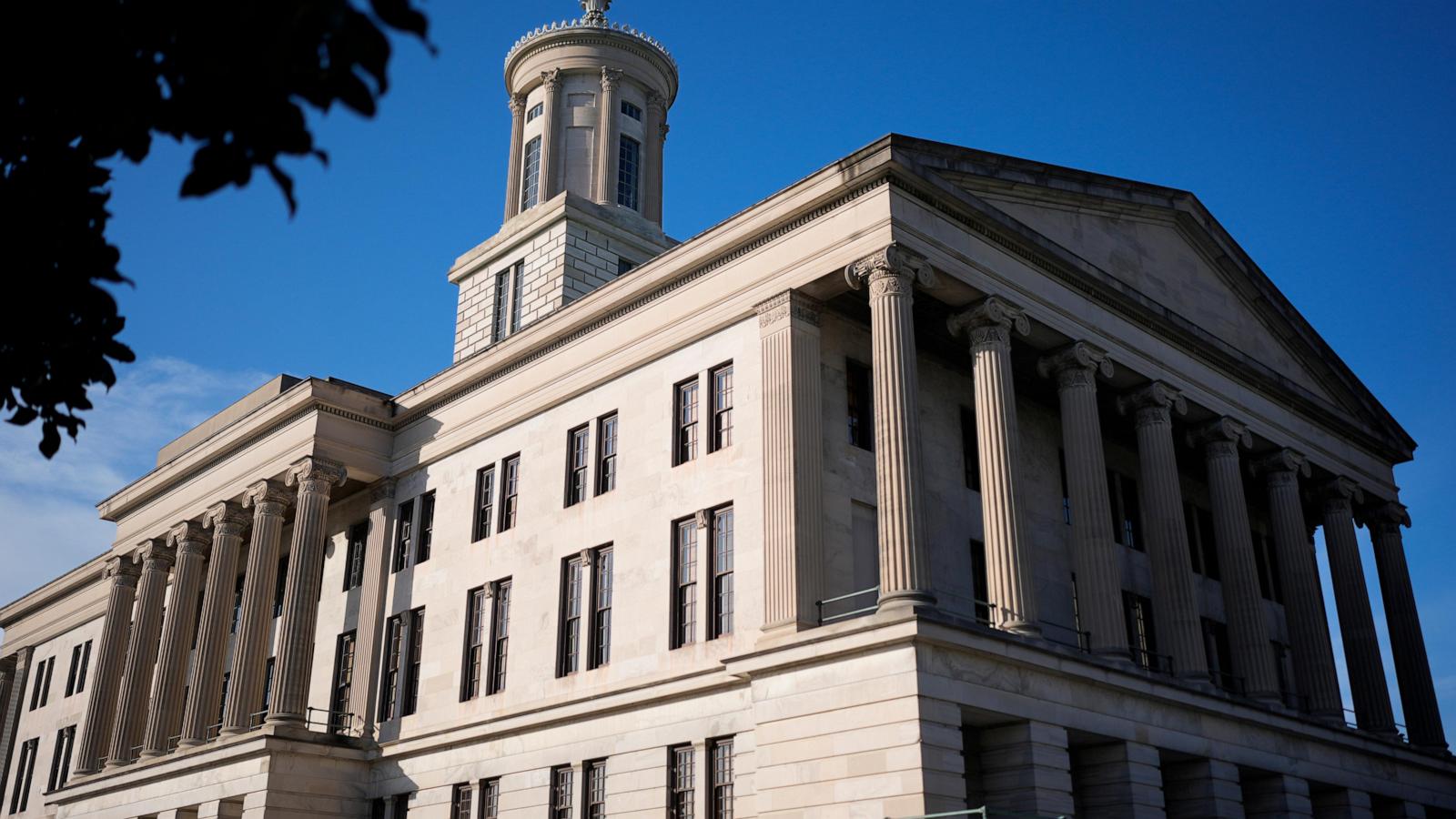The Great Porn Wars: Age Verification Laws Clash with Free Speech
Are age-verification laws for adult websites a necessary step to protect children from harmful content, or an infringement on the free speech rights of adults? This burning question is at the heart of a legal battle raging across the United States. Multiple states are grappling with this contentious issue, as courts weigh the balance between safeguarding minors and upholding constitutional rights. This legal fight isn't just about protecting kids; it’s a battleground for the future of online freedom of expression.
The Fight for Free Speech Online
The debate over age-verification laws for adult content centers on fundamental constitutional rights. The First Amendment protects freedom of speech, but can this protection extend to explicit material potentially harmful to minors? Opponents argue that these laws are a thinly veiled attempt at censorship, claiming they disproportionately restrict adults' access to legal content while being easily circumvented by children already seeking such material. These restrictions often also lead to valid online discussions about safe sex education being blocked, especially for those with disabilities in acquiring information about sexual health. The fight for online free speech involves fighting for safe sex education availability, which can be a vital factor in promoting safer behaviors.
VPNs and Workarounds: Can the Laws Really Protect Kids?
Critics like the Free Speech Coalition point out that minors can easily bypass these age verification roadblocks using readily available VPNs. These virtual private networks mask the user's IP address, effectively creating a digital invisibility cloak to navigate the online world anonymously and access restricted content. With this easy ability to bypass the laws, are these laws just more than useless political exercises?
Targeting Adult Websites While Social Media Remains Untouched
The uneven application of these laws raises further eyebrows. Adult websites are bearing the brunt of the regulations, yet social media platforms, rife with sexually suggestive content readily accessible to minors, largely remain untouched. Is this a justified discrepancy or a sign of a selective approach to internet censorship?
Legal Battles Across the States
Tennessee's law was recently blocked by a judge who ruled that the potential restriction on adults' free speech rights outweighs its potential to prevent underage exposure to adult content. However, the state's attorney general has already appealed the ruling, leading to a further increase in debate.
A Patchwork of Laws and Judicial Decisions
A conflicting maze of state laws has further ignited legal challenges across the US. While several states have enacted similar laws with mixed results. For instance, Florida and South Carolina have implemented their laws with little to no resistance, Texas and Indiana have seen legal battles go to the appeal stages, highlighting the judicial inconsistencies inherent in this complex issue. The Supreme Court will hear arguments in a Texas case next week, which will set a major precedent. One thing for sure, the fight will be going on for years.
The Supreme Court Weighs In
The upcoming Supreme Court case on Texas's law carries immense weight, setting a critical precedent for all states debating similar legislation. The court's decision could have a sweeping impact, potentially determining whether the balance tips toward children’s safety or the defense of First Amendment freedoms online.
The Human Nipple and the Overly Broad Definition
The very definition of “content harmful to minors” comes into question. One judge noted that under Tennessee's law, even the phrase "human nipple" might qualify as “harmful.” This raises the alarm for free expression advocates, indicating the sweeping, even absurd breadth of such regulation.
An Overreach that Affects Education and Free Discourse?
The concern extends beyond simply pornography. The broad application of this law could potentially restrict educational content about sexual health, which would further make people less aware of how to engage in sex safely.
Take Away Points
The debate around age verification laws for adult websites remains heated and multifaceted. The balancing act between safeguarding children and preserving free speech rights is at the core of the controversy. The fight, however, extends further to safeguarding the free flow of safe sex education and the right for people to get the information they need for informed choices. Court rulings on these cases across different states continue to generate uncertainty about how age verification laws and similar measures could be interpreted and carried out in different areas.




